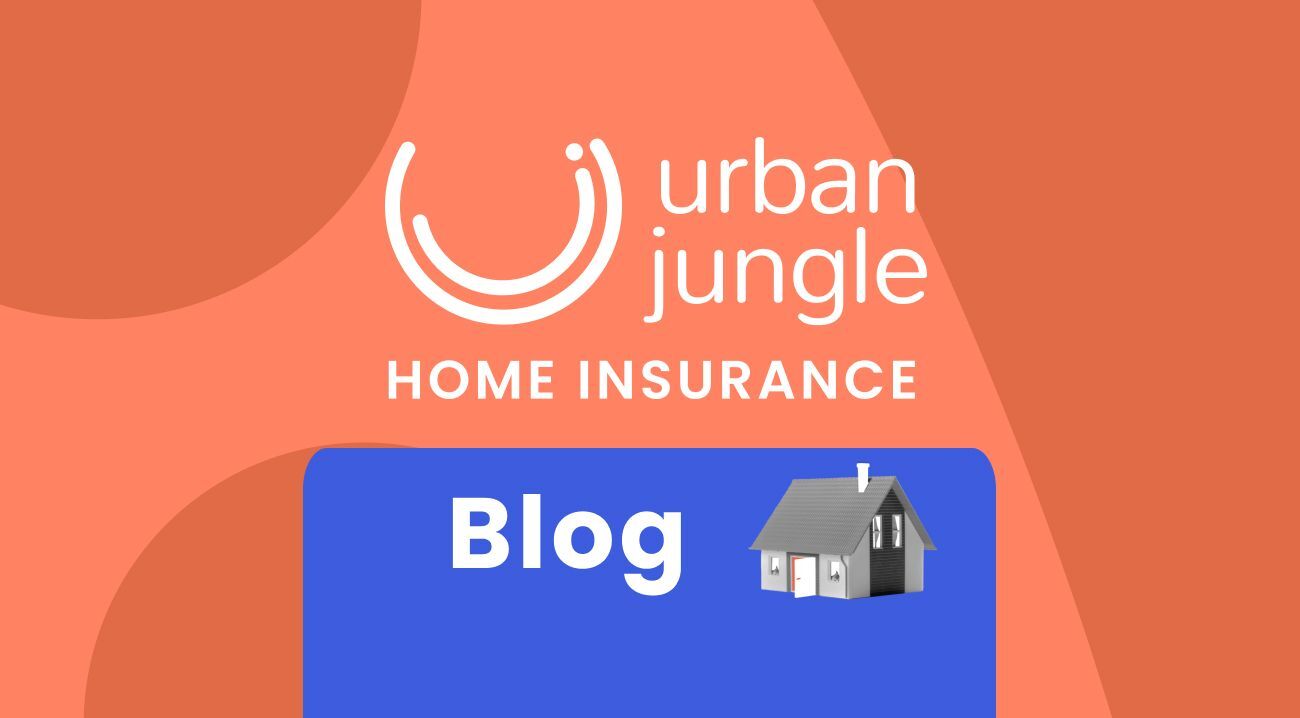Are mortgage rates going up?

Are mortgage rates going up?
Getting on the property ladder takes a lot of careful thought and preparation. But if you’re googling “are mortgage rates going up”? You’re clearly on the right track! The secret to finding a home and making the best financial investment possible – is research. Understandably, the state of the property market in the UK and the fluctuating rates of mortgages can be off-putting for first-time buyers (and those remortgaging their homes). It’s no wonder if you’re questioning: When will mortgage rates go up? When will mortgage rates go down? And how high will mortgage rates go in the end?
In this article, we’ll answer all these questions and give you a better picture of mortgage rates in the UK. That way, you’ll know what the future holds and how to time your property investment just right! Keep reading for all the details…
What is the mortgage interest rate?
So, the first things it might be useful to cover are – who sets the interest rate in the UK and what are the mortgage rates today? Well, the Bank of England sets the benchmark interest rate in the UK for mortgages. This is sometimes called the bank rate or the base rate and basically serves as a guide for the mortgage rates currently being offered. For quite some time, the Bank of England’s base rate was low, and so more people enjoyed low borrowing costs. This rate was lowered to a record-breaking 0.1% during the coronavirus pandemic (between March 2020 and December 2021) to help the economy recover – but on the other hand, house prices soared after lockdown as many decided to move house. You can learn more about that in: Are house prices going to drop?
Unfortunately, the base rate for mortgages has been rising steadily over the past two years. The last update from the Bank of England was in November 2022, when the base rate for mortgages increased from 2.25% to 3%. That doesn’t exactly bode well for the future… but more on that next.
What will mortgage rates be in 2023 in the UK?
Some experts have predicted that the Bank of England’s base rate will most likely rise to 4.5% in 2023 but could even reach as high as 6%. This has caused concern for many homeowners, who may struggle with the cost of living crisis and their higher monthly repayments. It’s worth mentioning that if you’re concerned about your ability to take on a mortgage or continue paying for the one you already have, a mortgage advisor might be able to help. For more information on that, check out: What does a mortgage advisor do? It might also be a good idea to speak to your mortgage lender, who could allow you to switch to an interest-only mortgage. That way, your monthly payments will cover the interest rate only, allowing you to make home repayments on your mortgage later down the line.
Quick note: Does inflation affect fixed-rate mortgages? Luckily, no. A fixed-rate mortgage does exactly what it says on the tin – that rate is fixed and won’t be affected by inflation.
What is a good mortgage interest rate?
So now you’ve got a better idea of where mortgage rates currently are and where they’re likely to go – how do you know a good mortgage rate from a bad one? Unfortunately, there’s no easy answer for this question – there’s no one concept of a “good” mortgage interest rate because what works for you might not work for someone else. The kind of mortgage offers you’re likely to get are tied up with factors to do with your individual situation, for example:
- The state of your finances – i.e. someone with savings, no debt, a great credit score, a healthy down payment, and consistent income is likely to get the best mortgage rates.
- Which mortgage lender you use – you’ll want to shop around, get as many quotes as you can, and choose the best deal from there.
- Your loan time period – short-term loans over a few years tend to have smaller interest rates than long-term loans, i.e. 30 years.
Ultimately, keeping an eye on the Bank of England’s base rate should give you a general picture of where mortgage rates are currently at in the UK. After that, the best things you can do is make sure you’re in a good financial position, that you’ve found a good deal with a lender, and that the loan period is going to suit your lifestyle. For example, many young homeowners take short-term loans to avoid getting tied down to a property and, therefore, benefit from better interest rates. For others, it might be more important to have money on hand to start a family and settle into a property long-term – a loan with a longer repayment time period (and higher interest rate) might work out as the best option in this case.
A few final tips…
For a smooth transition into homeownership, it’s a good idea to also consider the wider costs of purchasing a home. Here are some tips with further reading you might find useful:
- Investigate all your options with a mortgage advisor – they’ll be able to find the best deal for your individual situation and guide you through the process. For ideas on what to ask your advisor, check out: 10 questions to ask a mortgage advisor.
- Work out how much money you’ll need to borrow based on your savings and your current salary. Obviously, the less you need to borrow, the less money you’ll end up paying in interest. You might find this article useful if you’re renting: How to save for a mortgage.
- Don’t forget about the hidden costs when buying a house – moving services, cleaning fees, repairs, renovations, etc…You’ll need to factor all this into deciding what kind of mortgage you’ll need.
Urban Jungle is not a financial advisor and information in this article should not be taken as advice or recommendation.





